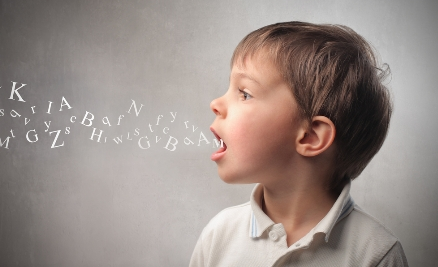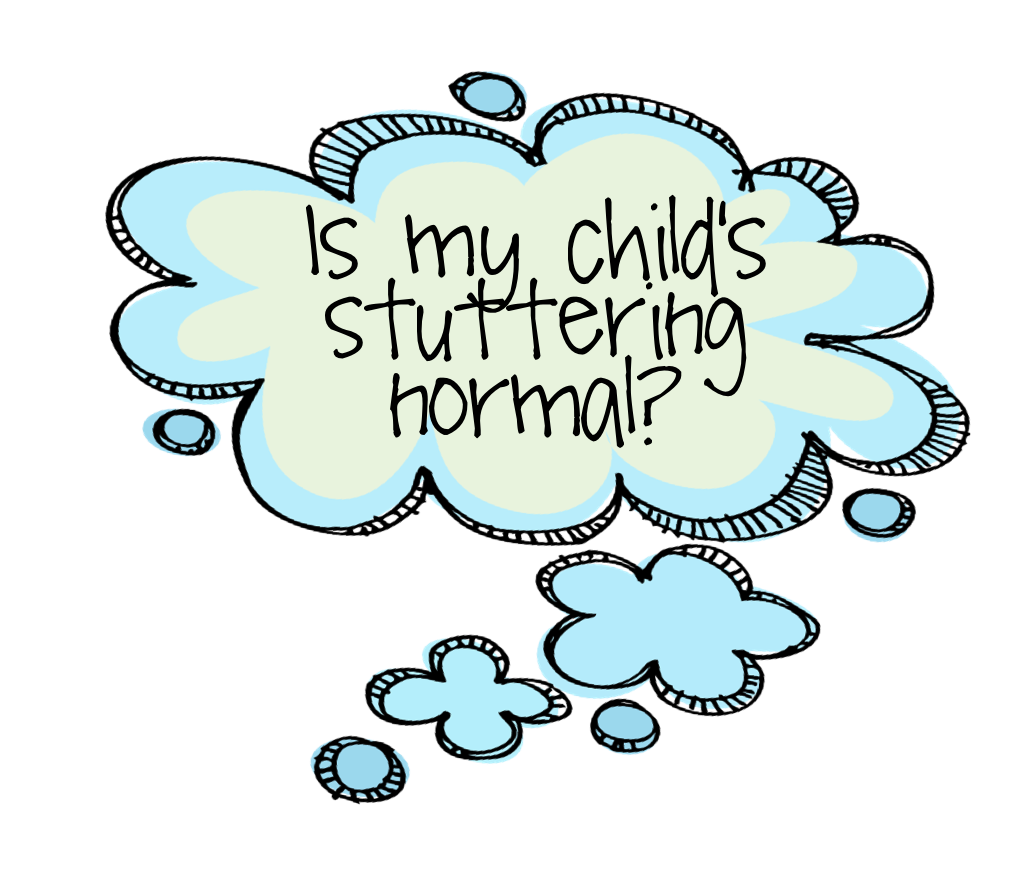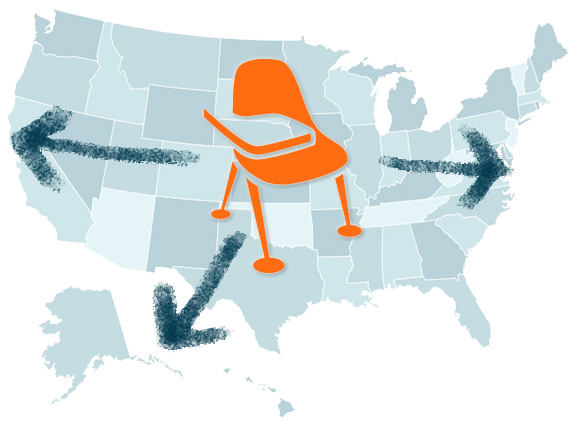Stuttering is a speech disorder in which words, sounds or syllables are repeated or last longer than normal. Stuttering, also called stammering or disfluency, causes a break or a pause in the flow of speech. Young children may stutter when they are first developing their speech and language skills. The stuttering occurs when their speech skills cannot keep up with what they are trying to say. Stumbling over words or speech affects about five percent of children, and generally lasts for several weeks or several years. Most children outgrow this stuttering phase within their first four years.







